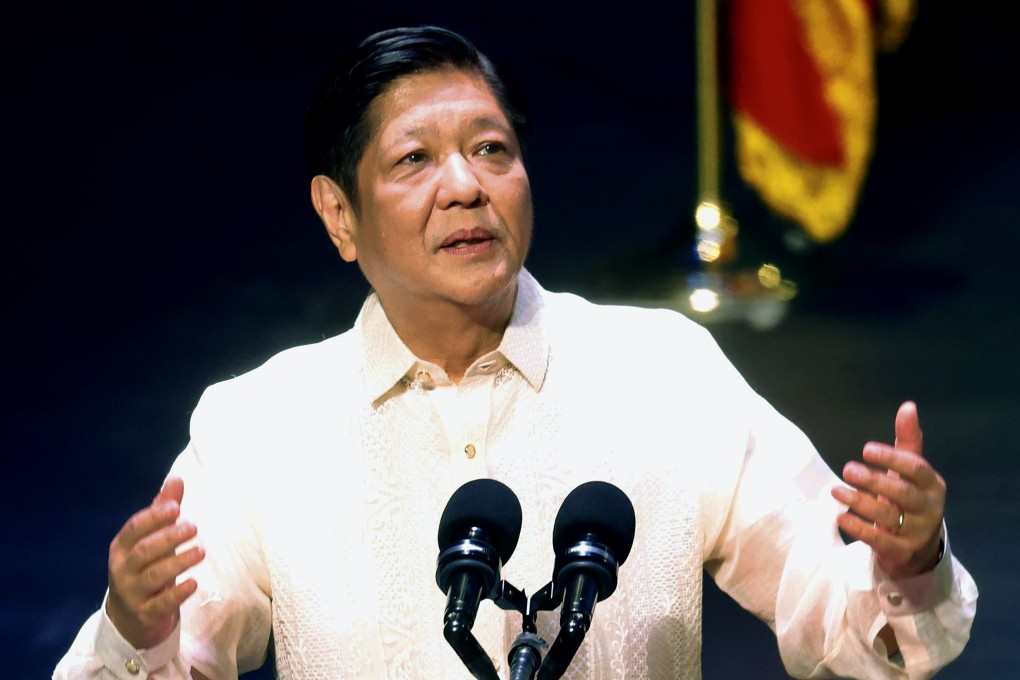In the Philippines, Marcos Jnr ‘rebrands’ family name as he charts ‘progressive’ path
- President Ferdinand Marcos Jnr has been trying to put a positive spin on his father’s dark legacy since assuming office in 2022
- Some analysts argue Marcos Jnr is also trying to be more ‘forward-looking’ in crafting his own legacy on his own terms

For the first time in 38 years, Filipinos will not officially celebrate the anniversary of the “People Power Revolution” on February 25 after it was removed as a public holiday, a move critics say is part of a larger strategy to distance the Philippines from the dark legacy of former president Ferdinand Marcos Snr.
The late strongman, whose rule was marked by widespread human rights abuses and corruption, was ousted in a bloodless people-led uprising in 1986. Analysts say his son, current leader Ferdinand Marcos Jnr, is embarking on a series of moves aimed at redefining the family’s narrative both at home and globally.
For Vergel Santos, who worked as a journalist during Marcos Snr’s reign and now sits on the board of the Center for Media Freedom and Responsibility, erasing the public’s “memories of the dictatorship of his father and the torture and the plunder” has not been a hard thing to do.
“In fact, younger people have no memory of the blood sins of the father,” he said.

In the 2022 presidential election, 56 per cent of the 67.5 million registered voters were aged 18 to 41 – meaning most were born after the People Power Revolution or were toddlers at the time.